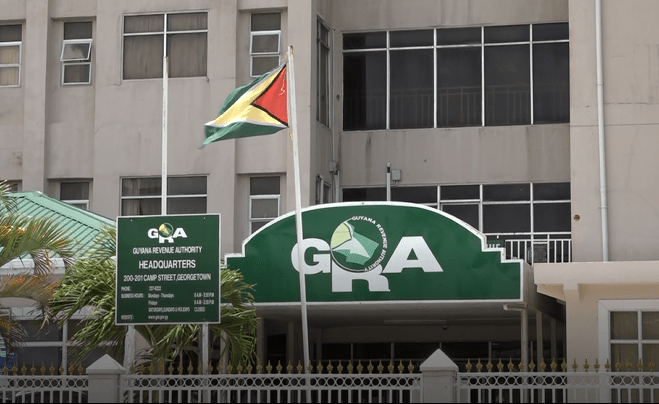Tax exemptions to businesses, a Guyana Revenue Authority (GRA) measure aimed at helping qualifying businesses to grow, but which has in the past been abused, have been slashed by over $53 billion in just one year.
This is contained in the 2020 Auditor General report, which states that for the year under review, GRA granted $137 Billion in overall exemptions from duties and taxes. This is a decrease of $53.4 Billion or 28.06 per cent, since $190.4 Billion in exemptions was granted in 2019. As a matter of fact, 2019 saw a five-year high in the granting of tax exemptions.
“In addition, the value of revenue forgone for the year 2020 represented 62.75 per cent of total collections by the Authority, as compared to 2019 where exemptions represented 84.27 per cent of the actual revenue collected by the Authority,” Auditor General Deodat Sharma said in his report.
There is also a breakdown of the exemptions that were provided. According to the Auditor General report, 10,444 tax exemptions totalling $119.2 billion was recorded by GRA during 2020, as compared to $172.3 billion during 2019.
This is a reduction of over $53 billion, including a $52.4 billion reduction in conditional tax exemptions (exemptions that are granted only after conditions are satisfied) and a $958.9 million reduction in unconditional tax exemptions (exemptions granted to fulfil treaty and other international obligations).
Remigrants, who are usually beneficiaries of tax exemptions but whose remigrant scheme has not been without its controversies, also saw a reduction in the value of exemptions even though there were more entries in 2020 compared to 2019.
For instance, $346 million in exemptions were granted to remigrants in 2020, while $439.5 million was granted in 2019. However, there were 238 entries for exemptions in 2020 as compared to 182 the previous year.
“An analytical review of the tax exempted and the taxes paid under ‘Conditional Tax Exemption’ for the year under review revealed that the tax exempted totalling $129.172 billion, whereas the taxes paid totalled $3.762 billion, which was only 2.91 per cent of the tax exempted. Similar observations were made in 2019 and 2018, where taxes paid represented only 4 per cent of taxes exempted for both years,” the Auditor General said.
In its response to the Auditor General’s findings, GRA explained that from 2016 onwards, efforts have been made to reduce both the number and value of exemptions. It was explained that all requests for exemptions are scrutinised to make sure they meet specific criteria, in an effort to reduce the loss of revenue “from the haphazard manner in which concessions were granted previously.”
“A majority of the Unconditional Exemptions cited in finding above, relates to IDAs, these were made available to the staffers of the Auditor General for their review, the summation of which, would have provided an informed analysis as to the coherent reasons for the increase in exemptions in certain categories, such as the oil and gas sector, and would have concluded differently than which was surmised in the finding,” GRA explained.
“Significant increase in exemptions is expected in the coming years owing to the burgeoning oil and gas sector, unless policy changes are effected exemptions is expected to grow exponentially as the industry develops and matures, and in particular, if the PSAs for other blocks have similar provisions for exemptions.”

























